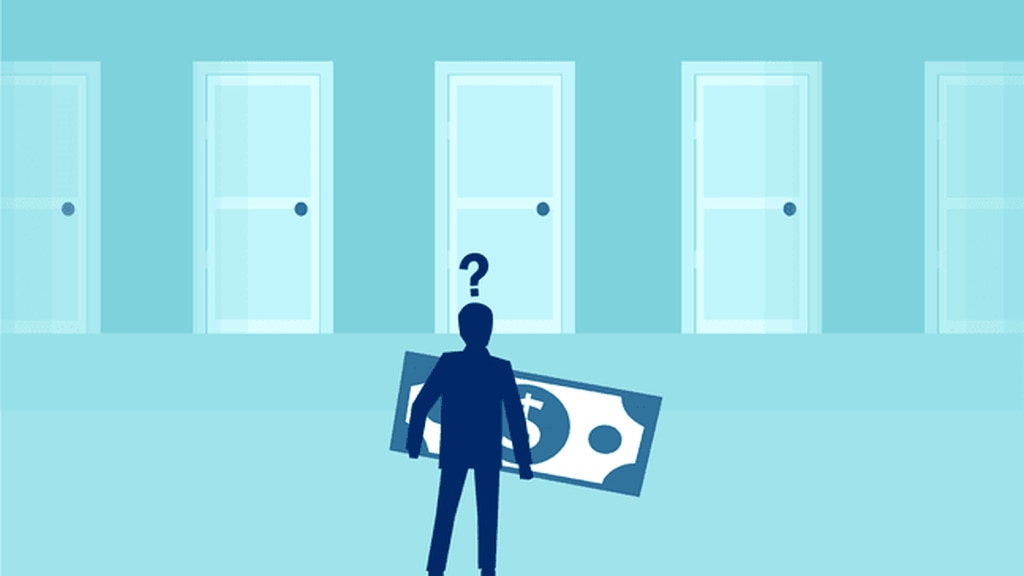Keeping your finances organized may require more than one bank account. However, keeping tabs on all your transactions can become a challenge if you have too many bank accounts. In this article, we look at each account’s purpose and how different accounts can help you meet your financial objectives.
How Many Bank Accounts Should You Have?
Managing your money using bank accounts is beneficial for several reasons. Bank accounts are convenient, safe, and provide you with an easy way to grow your savings. As a multiple bank account holder and an existing client of a bank or credit union, you will also find it easier to access credit.
When determining how many accounts you should have, effective financial management should be your primary goal.
Each bank account type differs in terms of access to money, interest rates, and fees. The key to having an appropriate number of bank accounts is to ensure that each account plays a distinct role in your finances.
Read on for an in-depth discussion of each bank account type and its purpose in personal and business finances.
Checking Account
If you don’t have any bank accounts, a checking account is the first one you should open. A checking account’s purposes include depositing your income, transferring funds, paying your monthly expenses, and making everyday purchases.
Checking accounts don't earn high interest, but they are highly liquid, and you have complete access to the funds in this account. You also don't have to pay withdrawal, transfer, or POS transaction fees.
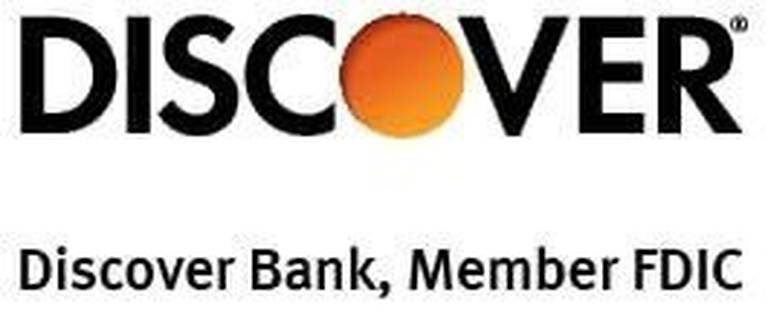
The Discover Cashback Checking account is a great choice if you’re looking for a rewarding checking account. While it doesn’t pay interest, it offers 1% cash back on debit card purchases up to $3,000 per month. That means you can earn up to $360 in rewards each year from the account.
If you have a rewards credit card and don’t use your debit card frequently, the account is still worth considering for its low fees. There’s no minimum balance or maintenance fee and you can withdraw money from more than 60,000 ATMs nationwide. Learn more about it in our review of Discover Bank.
Savings Account
If you are looking to put away money each month, you’ll need to open a savings account. A designated savings account earns higher interest rates than checking accounts, with some high-yield accounts earning up to 2.50%.
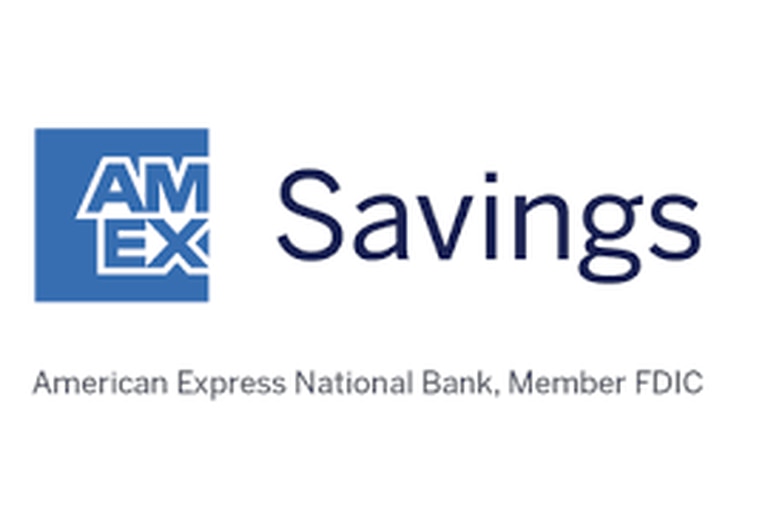
The American Express® High Yield Savings Account is one of the best options if you are looking to earn an above-average interest rate on your savings. This account is insured by the FDIC and requires no monthly fees or minimum deposit to open.
If you open an American Express High Yield Savings Account, you can easily link it to the accounts you have at other banks. Signing up for this account is quick and requires minimal personal information.
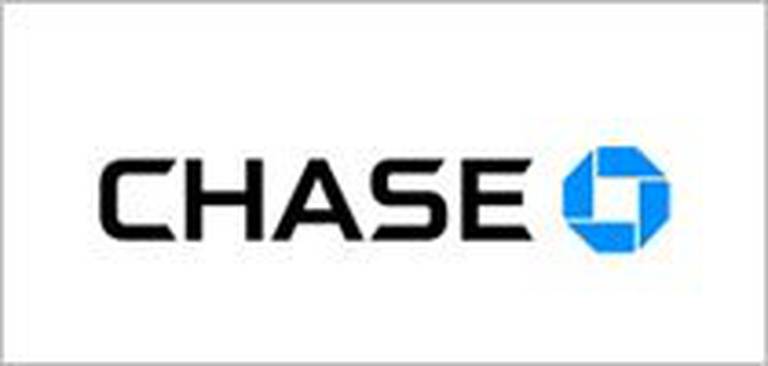
The Chase Savings℠ Account is another popular option to consider. With this account, Chase Bank offers a wide range of options to meet your specific saving needs. The $5 account fee is relatively low, and you can manage your account using the highly rated Chase mobile app.
Business Account
If you own a business, you need a business account to keep your personal and business transactions separate. A business account will also make transaction tracking and bookkeeping easier and allow other partners to conduct transactions in the business's name.
In terms of functionality, business accounts are similar to checking accounts. However, some banks may offer additional features to streamline business operations.
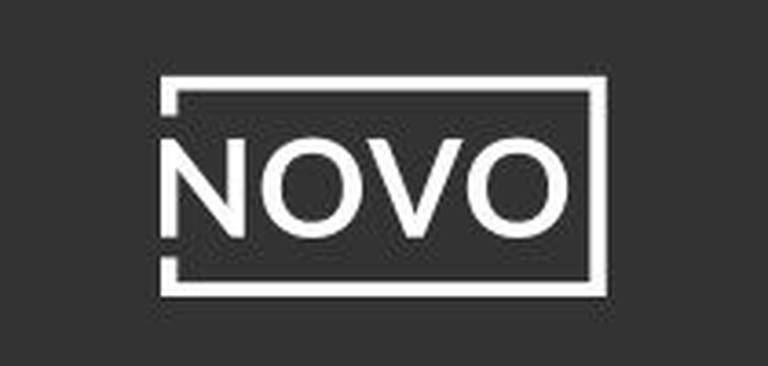
Novo is a viable business account option for small business owners and entrepreneurs who don’t use cash. As a digital-only bank, Novo allows for easy money management through its website and mobile platforms. You also don’t have to pay recurring fees for things like domestic ACH transfers or incoming wires.
Learn more: Novo Review.
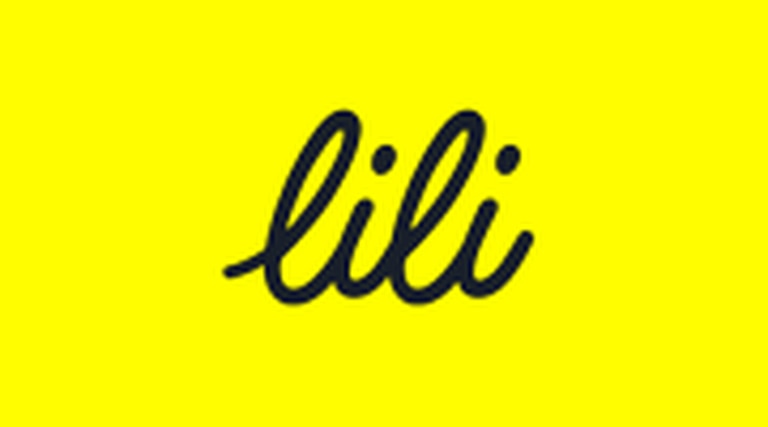
If you have a side gig or freelance on a regular basis, Lili is a great bank to have a second account at. The bank has a powerful mobile app that makes it easy to manage from anywhere and it has a number of tools that are useful for freelancers. For example, you can automatically set some of your income aside for tax payments or use Lili’s expense tagging feature to help maximize your business tax deductions. All of these features come with few or no fees.
Learn More: Lili Review

The Bluevine checking account is an online account for business. With this account, you can deposit cash and make payments with checks. Bluevine doesn’t charge monthly or transaction fees, and you don’t have to pay a minimum opening deposit.
Learn more: Bluevine Review
Certificates of Deposit
A certificate of deposit (CD) is a type of high-yield savings account that banks and credit unions offer. With this product, you earn an interest rate premium, provided that you leave a lump-sum deposit in the account for a fixed period. At the end of the period, you get your deposit back plus the interest you earned.
While it is possible to make a withdrawal before the end of the fixed term, you may have to pay an early withdrawal penalty. With some liquid CDs, early withdrawal penalties don't apply, but your deposit will earn lower interest.
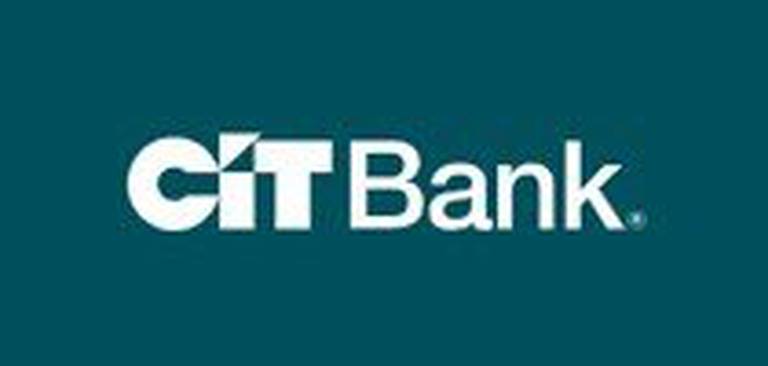
CIT Bank is one of the best options if you are looking to open a high-yield CD. You can choose from various flexible variable- and fixed-rate CDs with savings annual percentage yields (APYs) that are among the highest in the country.
Emergency Fund Account
An emergency fund is a cash reserve you set aside for the day you encounter unforeseen expenses. Having an emergency fund allows you to cope with financial emergencies such as unexpected medical expenses, career setbacks, accidents, or extensive damage to your property.
Ideally, your emergency fund should be sufficient to cover at least 3 months of your household expenses.
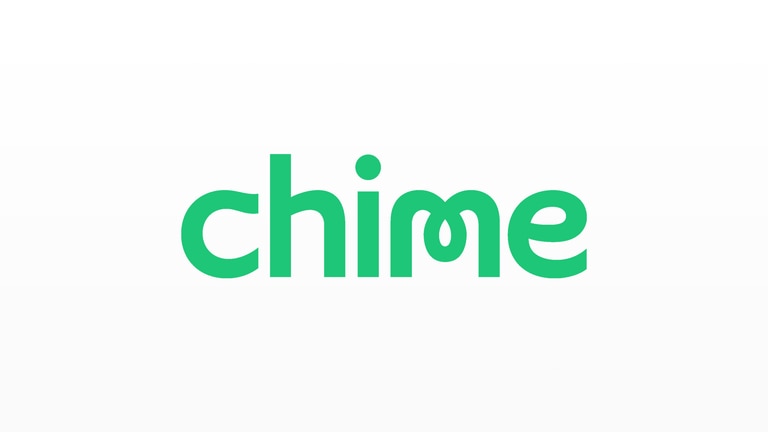
If you are looking to set up an emergency fund, consider the high-yield savings account from Chime®. Chime is an award-winning financial app and debit card. It has automated savings tools and no monthly fees so you can quickly grow your emergency fund and prepare for unforeseen events.
Chime Disclosure - Chime is a financial technology company, not a bank. Banking services and debit card provided by The Bancorp Bank, N.A. or Stride Bank, N.A.; Members FDIC.
1Chime cannot guarantee when files are sent by the IRS and funds can be made available.
^Early access to direct deposit funds depends on the timing of the submission of the payment file from the payer. We generally make these funds available on the day the payment file is received, which may be up to 2 days earlier than the scheduled payment date.
Cash Management Account
A cash management account (CMA) is an “all-in-one” account with a combination of saving, checking, and investment account features. Instead of opening checking and savings accounts, you can open one CMA to streamline account management.
The most significant benefit of a CMA is that you can make transactions from one place without transferring funds between accounts. The annual percentage yields of some CMAs are also higher than those of traditional banks.
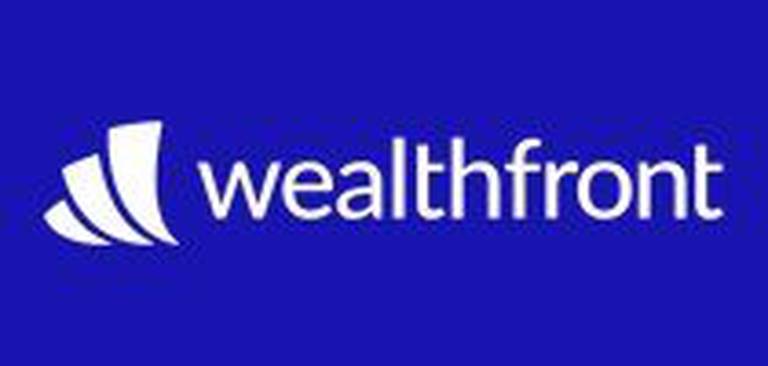
The Wealthfront Cash Account is also a viable option if you are looking to open a CMA. The Wealthfront account offers free and unlimited transfers, direct income deposits, and a debit card for purchases and withdrawals.

Betterment Cash Reserve is a popular cash management account with a wide range of savings and checking features. Currently, the CMA offers an APY of 2.25% with no minimum balance or monthly fees. You can also make cash withdrawals from this account, and you can use the Betterment Visa debit card to make payments.
Learn More: Best Cash Management Accounts
International or Foreign Currency Account
If you regularly travel abroad or conduct international transactions, you might need to open an international or foreign currency account. The most significant difference between this account type and regular checking or savings accounts is that a designated international account charges a lower foreign transaction fee.
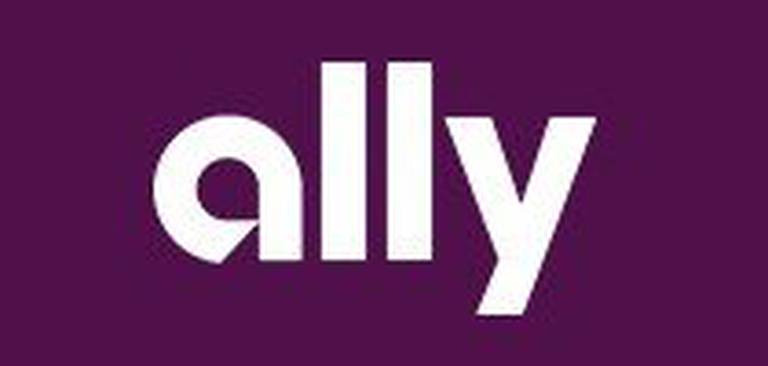
The Ally Interest Checking account is the ideal international currency account with an annual percentage yield of 0.10% on balances lower than $15,000 and a foreign transaction fee of only 1%. With this account, you don't have to pay maintenance fees, and you can easily make payments using the Popmoney feature.

HSBC also offers a foreign currency account that is easy to access and manage from anywhere in the world. The Flexi Saver account from HSBC allows for banking in 10 currencies with exchange rates that update every minute.
Learn More: Best Banks for International Travel
Pros and Cons of Having Multiple Bank Accounts
Multiple bank accounts allow you to track your progress for each savings goal.
You can separate and manage your savings individually.
Spreading your money between accounts mitigates your risk of exceeding the FDIC insurance limit.
Using several bank accounts allows you to access features and perks from various institutions.
Opening multiple bank accounts allows you to experience several institutions’ products and services.
Multiple bank accounts can be challenging to manage.
Keeping track of automatic transfers may be difficult if you have multiple accounts.
Dividing your money between various accounts reduces your earnings in interest.
Multiple accounts require a higher overall minimum balance.
What to Look for When Opening a New Account
Every new bank account you open should meet several criteria to ensure optimal financial management. Most significantly, the account should have low or no-fees and minimum balance requirements.
Ideally, the account should also earn relatively high interest, especially if you are opening a high-yield savings account or a certificate of deposit. When it comes to checking accounts, ATM availability, access to your money, and liquidity are more important than the APY.
Related: Best Bank Referral Programs
Account management through mobile apps or the institution's website is critical for checking and business accounts.
Related: Best New Bank Promotions & Offers
How to Manage Your Multiple Bank Accounts
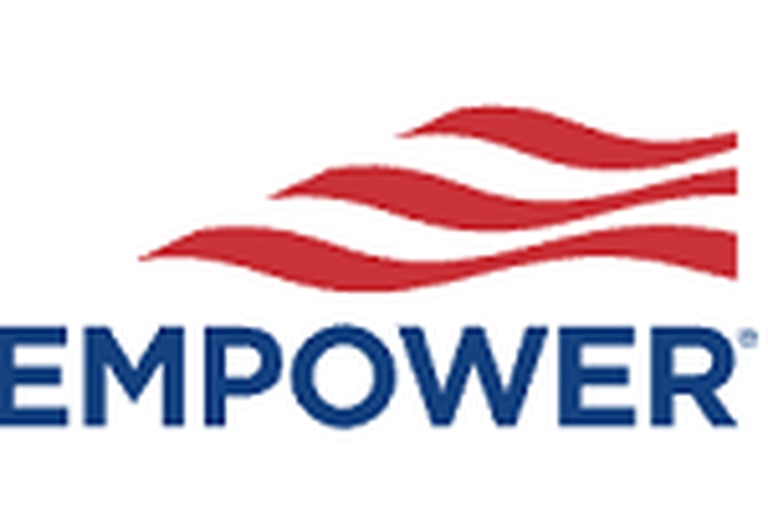
(Personal Capital is now Empower)
If you have multiple investment goals and bank accounts, managing your finances can be a challenge. However, with the financial services and planning tools from Empower, managing multiple bank accounts is easier than ever.
This online financial advisor combines algorithms with personal interaction to provide you with a well-rounded account management solution. After signing up for Empower, you can link all your financial accounts.
Empower will then analyze your asset allocation in each account and recommend a redistribution to maximize your earnings.
FAQs
When Should I Open a New Account?
Opening a bank account is necessary whenever you can pay lower fees and earn a higher interest. You should also consider opening a new account whenever there are new products and features on the market that your account doesn't offer. Staying up to date on banks’ and credit unions’ latest offerings is critical to ensure that you get the best products. Switching between accounts may seem like an unnecessary hassle, but if a bank offers an account bonus or higher interest, opening a new account will increase your earnings over the long run.
Will it Hurt My Credit Score to Open Multiple Bank Accounts?
Many factors can affect your credit score, but the number of bank accounts you have is not one of them. The credit reports from the three main credit bureaus don't reflect your bank account activities. However, it is critical to maintain the health of all your bank accounts. If you overdraw one of your accounts and don't repay the amount you owe, the bank may hand the debt over to a collection agency. Unlike banks, collection agencies may report your account to the credit bureaus, which will hurt your credit score.
Which Bank Account is the Most Important to Have?
The most crucial bank account type you should open depends on your financial situation. Generally speaking, all people should have a checking account into which they can deposit their income. A checking account is also the most accessible type of account, which is crucial if you have to make regular payments. A savings account is essential to meet your savings objectives. Link your savings account to your checking account for convenient and automated transfers.
How Do I Know If I Have Too Many Bank Accounts?
You have too many bank accounts if you find it challenging and time-consuming to track and manage all your accounts. Each account should fulfill a specific purpose within your financial system. For example, if an account holds money, but you don't have a specific investment or savings objective in mind for the funds, it is better to close the account and add the funds to a certificate of deposit, savings, or emergency fund account.
When Should I Open a New Account?
Opening a bank account is necessary whenever you can pay lower fees and earn a higher interest. You should also consider opening a new account whenever there are new products and features on the market that your account doesn’t offer. Staying up to date on banks’ and credit unions’ latest offerings is critical to ensure that you get the best products. Switching between accounts may seem like an unnecessary hassle, but if a bank offers an account bonus or higher interest, opening a new account will increase your earnings over the long run.
Will it Hurt My Credit Score to Open Multiple Bank Accounts?
Many factors can affect your credit score, but the number of bank accounts you have is not one of them. The credit reports from the three main credit bureaus don’t reflect your bank account activities. However, it is critical to maintain the health of all your bank accounts. If you overdraw one of your accounts and don’t repay the amount you owe, the bank may hand the debt over to a collection agency. Unlike banks, collection agencies may report your account to the credit bureaus, which will hurt your credit score.
Which Bank Account is the Most Important to Have?
The most crucial bank account type you should open depends on your financial situation. Generally speaking, all people should have a checking account into which they can deposit their income. A checking account is also the most accessible type of account, which is crucial if you have to make regular payments. A savings account is essential to meet your savings objectives. Link your savings account to your checking account for convenient and automated transfers.
How Do I Know If I Have Too Many Bank Accounts?
You have too many bank accounts if you find it challenging and time-consuming to track and manage all your accounts. Each account should fulfill a specific purpose within your financial system. For example, if an account holds money, but you don’t have a specific investment or savings objective in mind for the funds, it is better to close the account and add the funds to a certificate of deposit, savings, or emergency fund account.
Bottom Line
How many bank accounts should you have? Multiple bank accounts allow you to meet various financial objectives and track the progress toward each goal individually. However, if you have too many accounts, managing all of them can be challenging and time-intensive.
Every person should have a checking and savings account. As you grow financially and develop additional savings goals, you can add a business account, emergency fund account, and certificate of deposit.
Empower Personal Wealth, LLC (“EPW”) compensates Webpals Systems S. C LTD for new leads. Webpals Systems S. C LTD is not an investment client of Personal Capital Advisors Corporation or Empower Advisory Group, LLC
